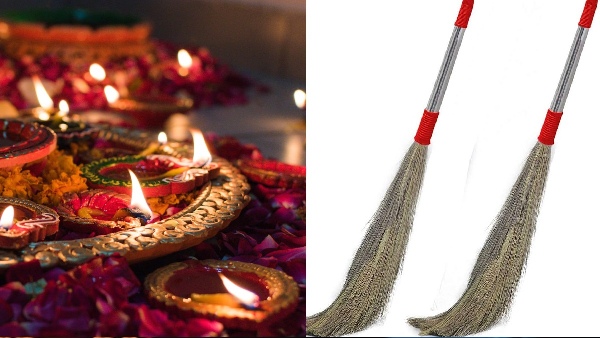Diwali, also known as the Festival of Lights, is one of the most important and widely celebrated Hindu festivals, observed by millions of people across India and worldwide. This five-day festival typically falls between October – November, according to the Hindu lunar calendar, and it symbolizes the triumph of light over darkness and good over evil.

The origins of Diwali are rooted in ancient Hindu mythology. In northern India, it commemorates the return of Lord Rama to his kingdom of Ayodhya after 14 years of exile and his victory over the demon king Ravana, symbolizing the victory of righteousness. In southern India, it marks Lord Krishna’s triumph over the demon Narakasura. In addition, Diwali is also significant for Jains, as it marks the anniversary of Lord Mahavira’s attainment of nirvana, and for Sikhs, it commemorates the release of Guru Hargobind Ji from imprisonment.
Celebrations vary by region but share common themes of joy, family, and gratitude. Homes are cleaned and decorated with colorful rangoli designs and rows of oil lamps or “diyas” to invite prosperity and ward off darkness. Many people perform prayers to Lakshmi, the goddess of wealth and prosperity, seeking her blessings for the coming year. Fireworks and festive feasts are common, and people often exchange sweets and gifts to express love and unity.

Diwali is a time for self-reflection, renewal, and setting intentions for the future, making it not just a cultural celebration but a spiritual and personal one as well.
Also Check out


Leave a Reply